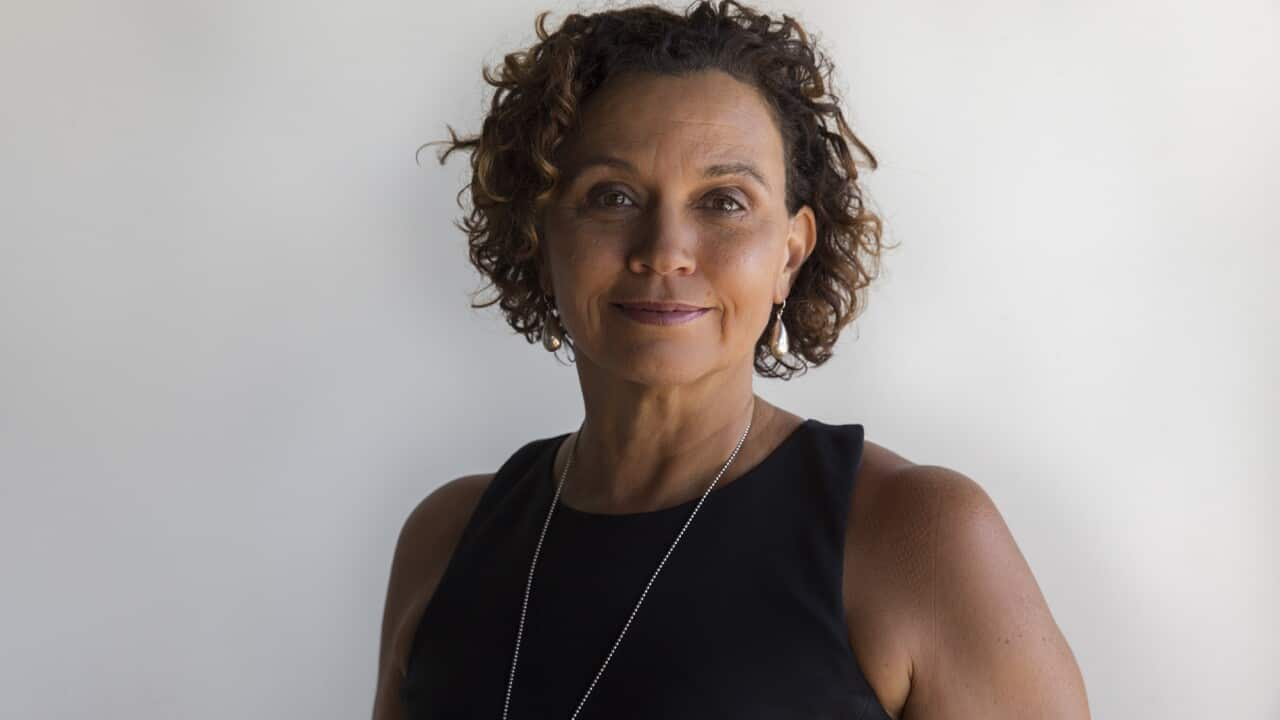For good reason, we celebrate the anniversary this week of a groundbreaking event for Indigenous people. Nine years ago, on 13 September 2007, the General Assembly of the United Nations adopted the UN Declaration on the Rights of Indigenous Peoples.
This was the first time Indigenous peoples had negotiated and developed a document of this kind in an international forum.
For over 20 years, during the lead up to the Declaration, Indigenous peoples around the world worked tirelessly to identify the key human rights principles in international conventions and international customary law. At the same time, they were meeting, drafting, negotiating and lobbying nation states to support the Declaration as it made its way through the United Nations processes.
When the UN adopted the Declaration in 2007, Indigenous peoples had ensured international recognition of a set of standards for the survival, dignity, security and well-being of Indigenous peoples around the world, and importantly, Indigenous peoples’ right to be different.
That was no mean feat.
Although UN declarations are not legally binding, they nevertheless indicate consensus between UN member states on a particular issue. This consensus has an undeniable moral force and it provides member states with practical guidance for their conduct. The Australian Government announced its support for the Declaration in 2009.
The Declaration builds upon the general human rights obligations of UN member states. It is grounded in fundamental human rights principles such as non-discrimination, self-determination and cultural integrity, and these principles are incorporated into widely ratified human rights treaties.
In addition, the Declaration’s core principles are connected to a consistent pattern of international and state practice. This connection reflects customary international law.
The Declaration has . These recognise a wide range of interconnected rights relevant to our social, cultural, economic and political development including:
- Self-determination and foundational rights
- Life and security
- Language and cultural and spiritual identity
- Education, information and employment
- Participation in decisions that affect us
- Country, resources and knowledge
- Self-governance, culture and cultural property
- Implementing and interpreting the Declaration
At the Australian Human Rights Commission, we remain committed to the practical application of these articles. In partnership with the National Congress of Australia’s First Peoples we undertook a process called the to develop a national framework to implement the Declaration and to inform Aboriginal and Torres Strait Islander communities, government and business about obligations according to the Declaration.
We chose an approach that focussed on identifying the key principles of the Declaration. The Declaration Dialogues gave us practical guidance on how to implement the key principles of self-determination, participation, non-discrimination and equality, and respect for and protection of culture.
In 2008, the Human Rights Commission acknowledged the work of Gubbi/Butchulla man, Les Malezer, who received the Human Rights Medal in recognition of his human rights work over the years, but particularly for his work on the Declaration.
We celebrate the anniversary of the UN Declaration on the Rights of Indigenous Peoples not only because of the breakthrough that it represents for the world’s Indigenous populations, but because it strengthens the international human rights system and promotes equality and non-discrimination for all.









